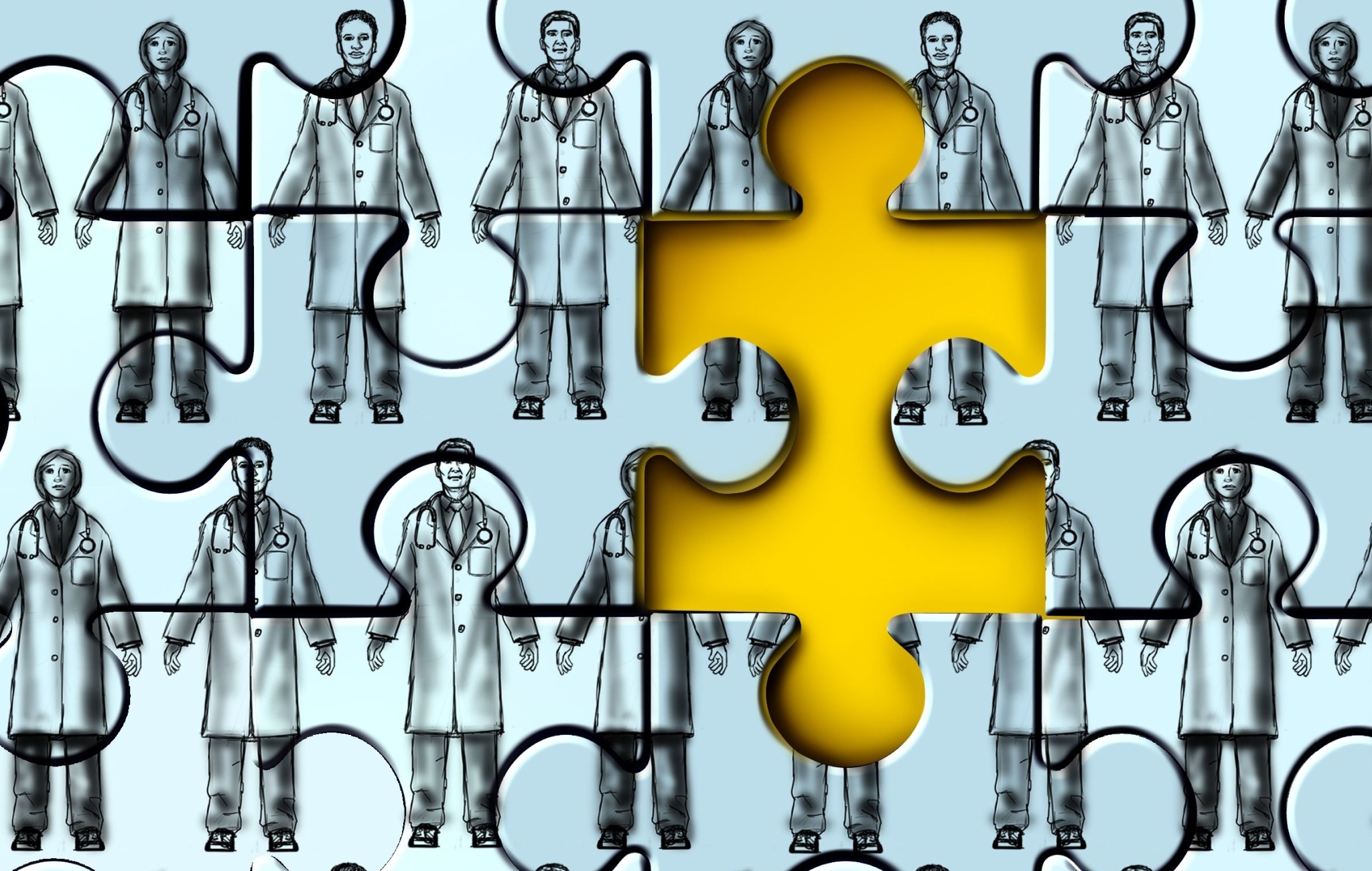
**The Futility Economy: America’s Medical Contradiction**
American healthcare exists as a contradiction. It seems to have perfected a twisted skill: spending more while accomplishing less. This is framed as “cost-saving,” yet it is essentially a system filled with inefficiencies and regressions.
### The System’s Regressions
In the name of frugality, clinical personnel such as nurses and respiratory therapists are inadequately funded, resulting in predictable adverse outcomes: mistakes, slower treatment, increased burnout, and diminished patient results. These alleged cost reductions rapidly vanish as healthcare facilities end up spending more on legal protections and settlements for these unavoidable errors than it would have cost to maintain proper staffing. Therefore, what seems like financial prudence is merely an illusion.
This inefficiency is not limited to hospitals. Private practice clinics frequently incur exorbitant expenses just to handle billing and insurance claims, employing personnel whose roles do not directly assist patients. Conversely, insurers have dedicated teams focused on denying these claims. The expenses of this conflict often exceed those of actual medical treatment, rendering the entire operation economically counterproductive yet strangely by design.
### Distorted Incentives
At the patient’s bedside, ethical dilemmas often arise not from medical circumstances but from upstream billing and administrative choices. For instance, patients may unnecessarily stay in an ICU because their insurance is tied to a flat payment for their current duration. A transfer, which would be medically advantageous, would incur extra costs for the insurer, thus the patient remains in uncertainty.
Complications increase when financial pressures compel families to make decisions based on economic factors instead of emotional or healthcare-related necessities. Such situations raise questions about the very ethics of a system purporting to prioritize health.
### The Absurdity of Leadership
Healthcare executives frequently advocate for austerity while enjoying their own comforts, amplifying the system’s absurdity from the top down. Meetings focused on cost reduction often result in trivial remedies, like reducing paper use, while executives enjoy extravagant perks, showcasing a stark disconnection from the frontline employees they claim to lead.
### Ingrained Futility
The most harmful outcome of this healthcare system is not just waste, but ingrained futility—a profound belief that change is unattainable. Both clinicians and patients become resigned to the system’s inefficiencies and ethical blind spots. The psychological burden is significant, producing a workforce depleted of both energy and agency.
### Reviving Hope
To combat this futility, healthcare stakeholders—from clinicians to patients—must adopt a radical hope. Restoring faith in the possibility of change becomes an act of defiance. This begins by rejecting the destructive lesson that the system cannot improve, thus regaining the agency needed to initiate transformation.
In conclusion, while American healthcare may seem fractured, it functions precisely as intended to maximize economic outputs, often at the cost of dignity and hope. The challenge lies in converting this entrenched system of engineered regressions into one that genuinely prioritizes care, fueled by renewed hope and agency.